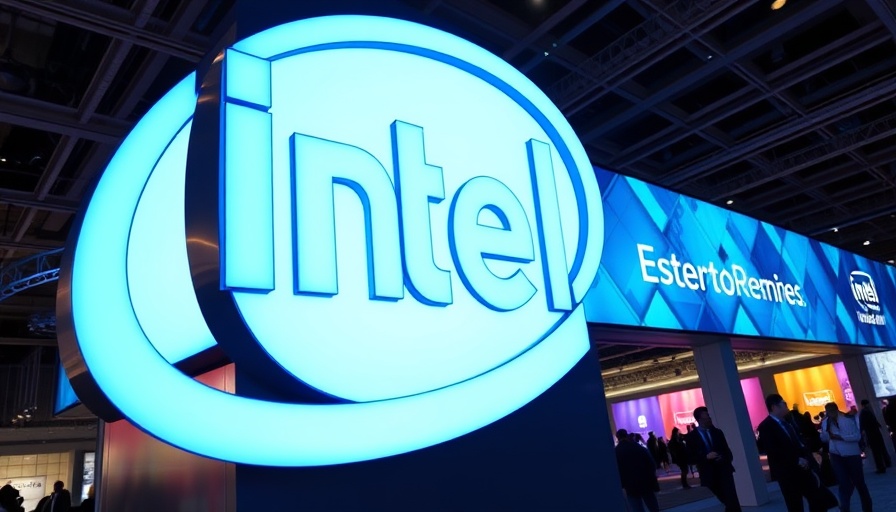
Intel and Altera: A Significant Shift in the Tech Landscape
In a pivotal decision for the tech industry, Intel has announced the sale of a 51% controlling stake in its semiconductor business, Altera, to Silver Lake, a prominent private equity firm. Valued at $8.75 billion, this transaction marks a significant restructuring for Intel and underlines the growing importance of the field-programmable gate array (FPGA) market.
Understanding the FPGA Market Growth
The FPGA market has been on an impressive growth trajectory, with projections indicating an increase from $12.1 billion last year to a staggering $25.8 billion by 2029. This growth is propelled by the rising demand for versatile and efficient programmable chips across various sectors, including communications, robotics, and artificial intelligence (AI). As industries seek innovative solutions, FPGAs are becoming indispensable, allowing for customized hardware solutions that can adapt to changing technological needs.
The Story Behind Altera
Founded in 1983 by semiconductor pioneers, Altera developed a reputation for creating high-performance programmable solutions. Intel's acquisition of Altera in 2015 for $16.7 billion aimed to enhance its product lineup by integrating Altera's technology into Intel’s offerings. Now, by selling a majority stake, Intel aims to refocus resources and streamline operations. According to Intel CEO Lip-Bu Tan, this move is crucial for strengthening the company's balance sheet and lowering expenses, while still retaining a significant interest in Altera.
Future Predictions: The Road Ahead for Altera
This sale is expected to turn Altera into an operationally independent entity, allowing it to navigate the fast-evolving market more effectively. As the company prepares for its leadership transition, with Raghib Hussain set to take the helm, industry experts predict that Altera will continue to innovate within the FPGA space. The independence could lead to accelerated development cycles and a better alignment with market demands, carving out a distinct path toward future innovations.
Relevance to Current Tech Trends
The timing of this announcement aligns with broader trends in the technology sector, where companies are increasingly spinning off divisions to concentrate on core competencies. This approach not only boosts operational efficiency but also provides opportunities for standalone entities like Altera to discover their full potential without being encumbered by the larger corporate structure.
Business Implications and Opportunities
For investors and stakeholders, this shift presents a unique opportunity to capitalize on the booming FPGA market. The ability of Altera to operate independently could attract significant interest from potential partners and clients, eager to exploit its pioneering technology. As the tech industry continues to evolve, such strategic maneuvers may become commonplace as firms recognize the benefits of agility and focused innovation.
A Final Thought on Industry Transformation
The sale of Altera not only alters Intel's corporate landscape but also serves as a reminder of the dynamic nature of the tech industry. As companies optimize for the future, the lessons learned from such transactions may pave the way for new business models and innovative approaches that redefine technology as we know it.
Join the Conversation
As the tech world watches closely, this transition sparks conversations about how fragmentation and specialization could shape the future of technology companies. Understanding these shifts is vital for anyone concerned with tech developments and business strategies in the tech realm.
 Add Row
Add Row  Add
Add 



Write A Comment